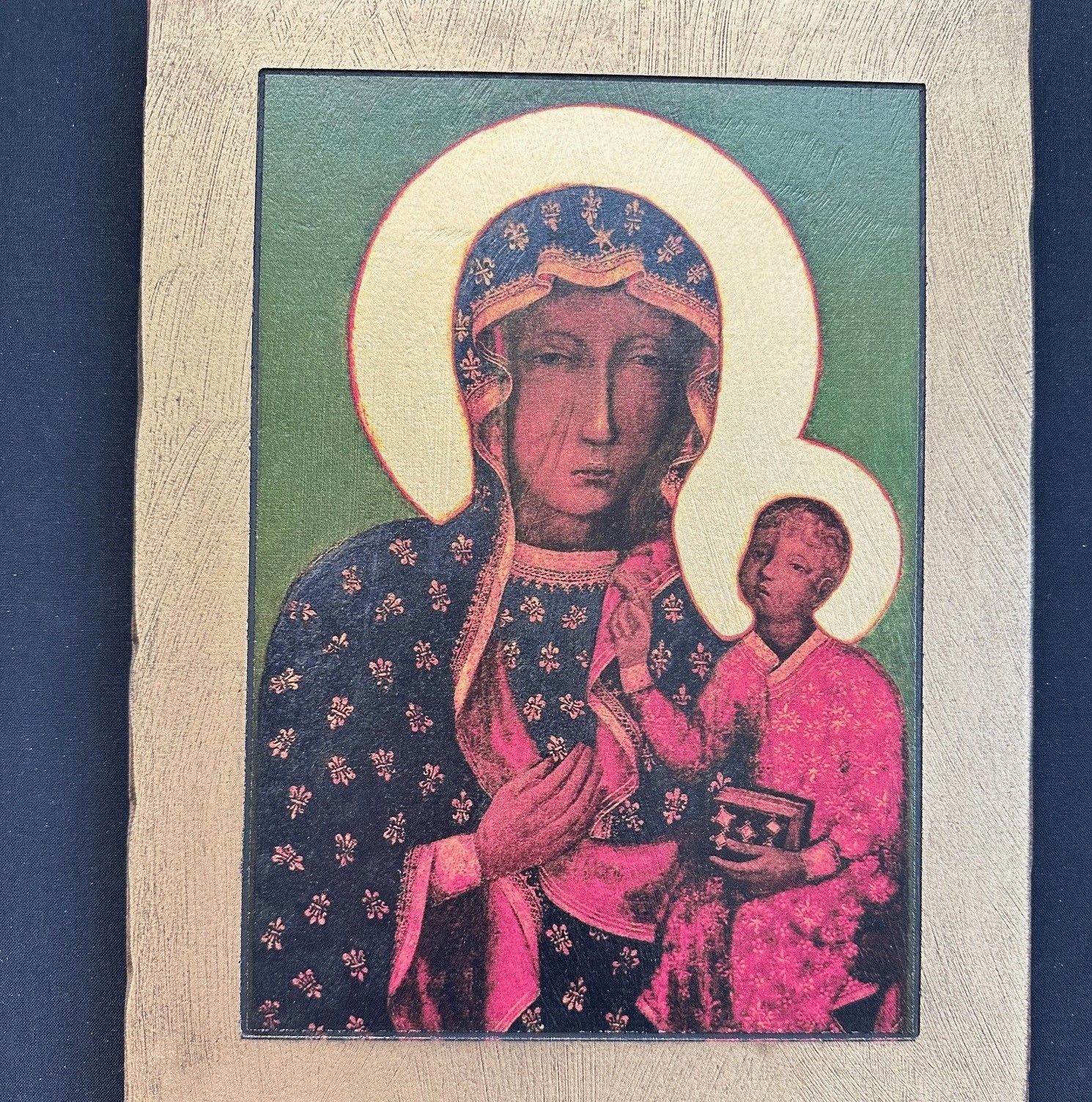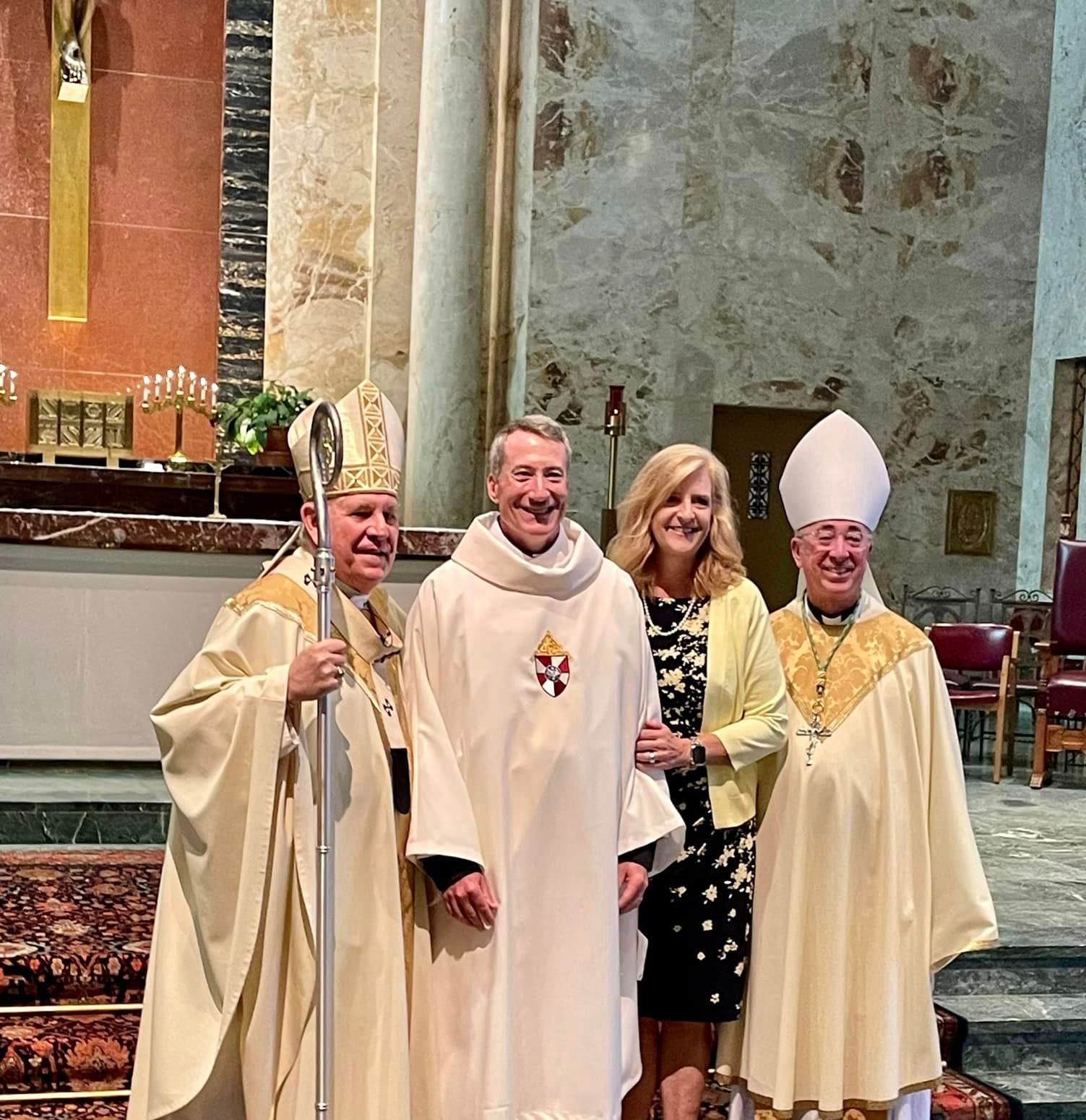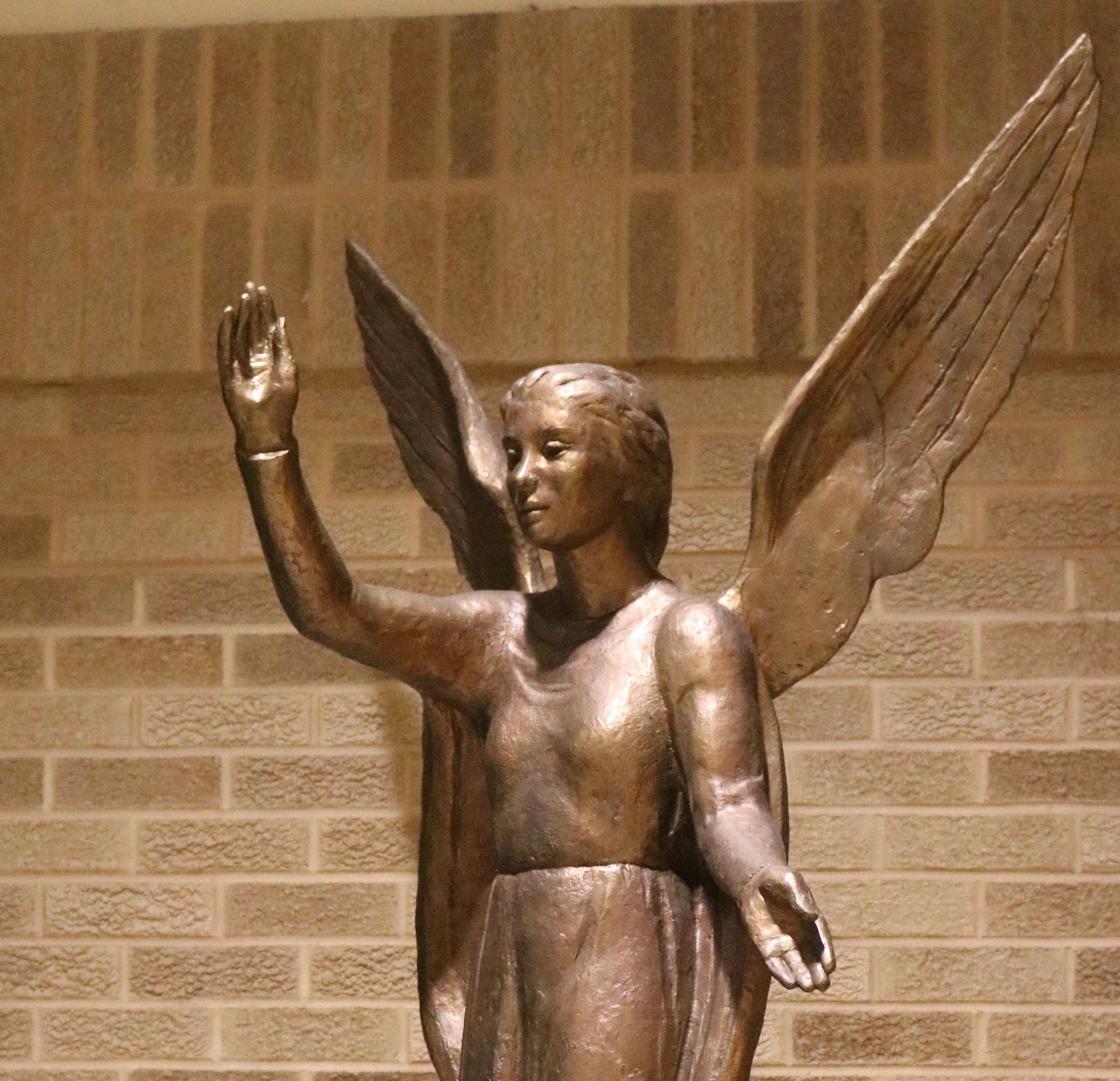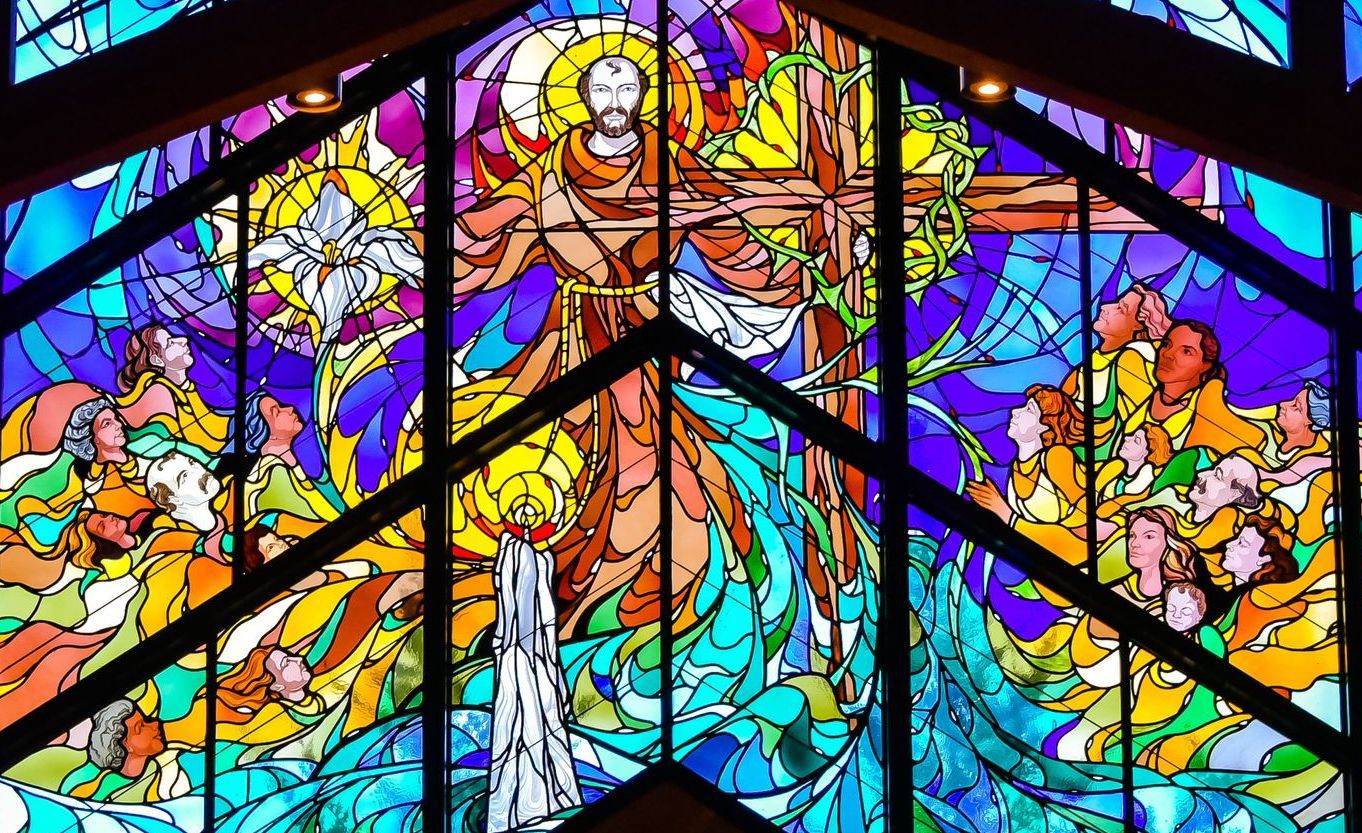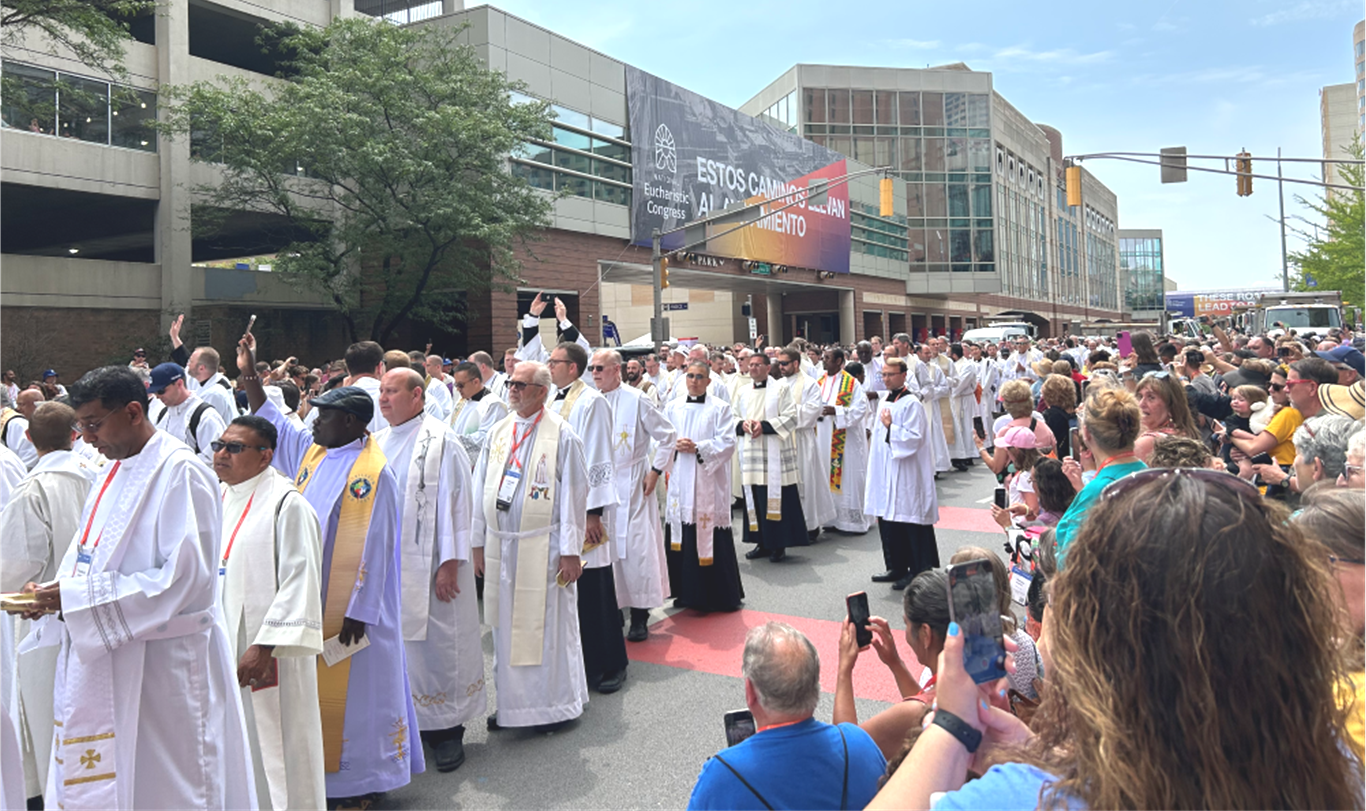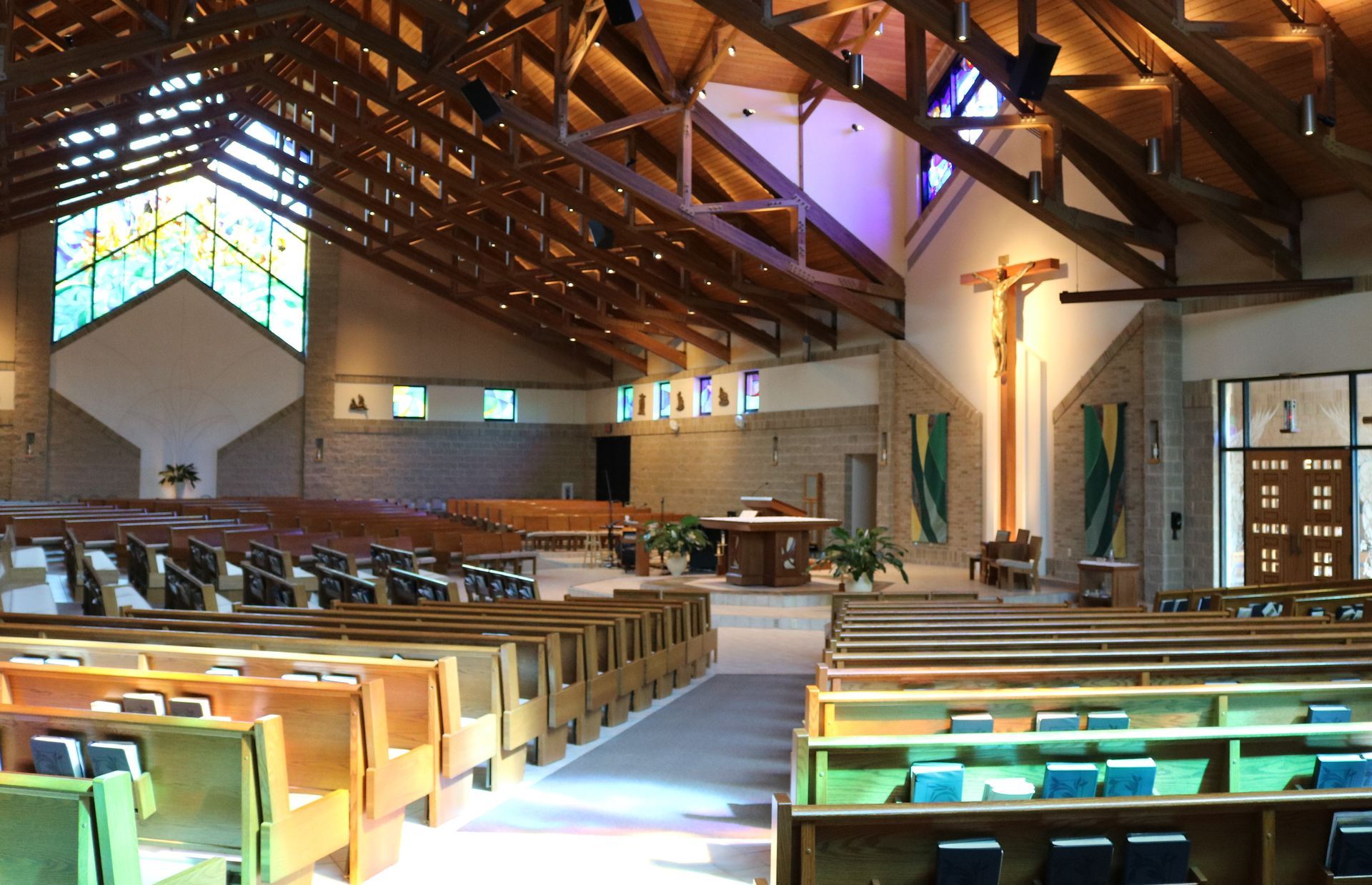Anointing of the Sick by Fr. Mark Payne
For many Catholics, we think of the Church and the priest being present at major moments in our lives. We think of our family bringing us to the Church to be baptized, usually as an infant. We think of the priest being present to witness a marriage and to declare people husband and wife. And we think of the priest being present at the bedside of a dying relative to anoint them and pray for them as they move on to eternal life. These are great images, and yet the final one is not how the Church imagines that process. This is not to say that the Church and the priest do not accompany our families as our loved ones pass, but the anointing ideally should not happen in the last moments, but beforehand. Particularly to help ensure that the priest is able to anoint them, the sacrament should not be delayed to the point of death, and the Church has consistently affirmed this throughout history.
The Church explained this Sacrament in detail at the Council of Trent in the 1500s. They declared that “this anointing is to be given to the sick, especially those who … appear to have reached the end of their life,” meaning that this is given to anyone who is sick, with an eye to those approaching the end of their lives. It is later clarified that it “strengthens the soul” in order to “more easily bear the trials and hardships of sickness, more easily resist the temptations of the devil … and sometimes regain bodily health, if this is expedient for the health of the soul.” Someone who is about to pass and go to Christ will not be bearing the sickness anymore; they will often, especially when they are not present mentally, be unable to sin or be tempted; and they will practically never regain bodily health. Therefore, waiting until the point of death for anointing actually rejects what the Sacrament does and deprives the person of grace that they could receive and would help them in their time of weakness.
More recently, at the Second Vatican Council in the 1960s, this idea is stated even more firmly. The Council Fathers write that “anointing of the sick is not a sacrament for those only who are at the point of death.” They continue: “As soon as any one of the faithful begins to be in danger of death from sickness or old age,” they may receive the Sacrament. The introduction to the Rite of Anointing of the Sick states that someone may be anointed before surgery, or that the elderly may be anointed “if they have become notably weakened even though no serious illness is present.” It includes the instruction that the faithful “should not follow the wrongful practice of delaying the reception of the sacrament.” The Church is clear that people should be anointed earlier in their illness rather than minutes before their final breath.
While it is important to know that this is what the Church teaches us, it amounts to little if we cannot apply it to our lives. The basic application of this is to not wait to ask for your loved ones to be anointed. Particularly in the case of extended illness or the decline of old age, you should ask for anointing as early as reasonable. One concrete example is when one is admitted to the hospital or nursing home. By federal law, hospitals and nursing homes cannot tell us when your loved one has been admitted, you must. In almost all cases, as soon as you are admitted to one of these facilities, you can and should be anointed, and so shouldn’t wait. Especially in the case of the elderly, it is very possible that they will have very limited ability to sin once in a home, and so could be anointed once they enter and then would need only prayers and the Eucharist as Viaticum, as food to strengthen them as they cross into eternal life. So please, for the sake of our priests and your loved ones, as soon as they are admitted to any medical facility, ask for anointing so that you and the priest can arrange a time for them to come and administer the Sacrament. Also, if someone is anticipating a procedure, don’t be afraid to approach the priest before said procedure in order to receive an anointing, and they will gladly anoint you and pray for a successful procedure.
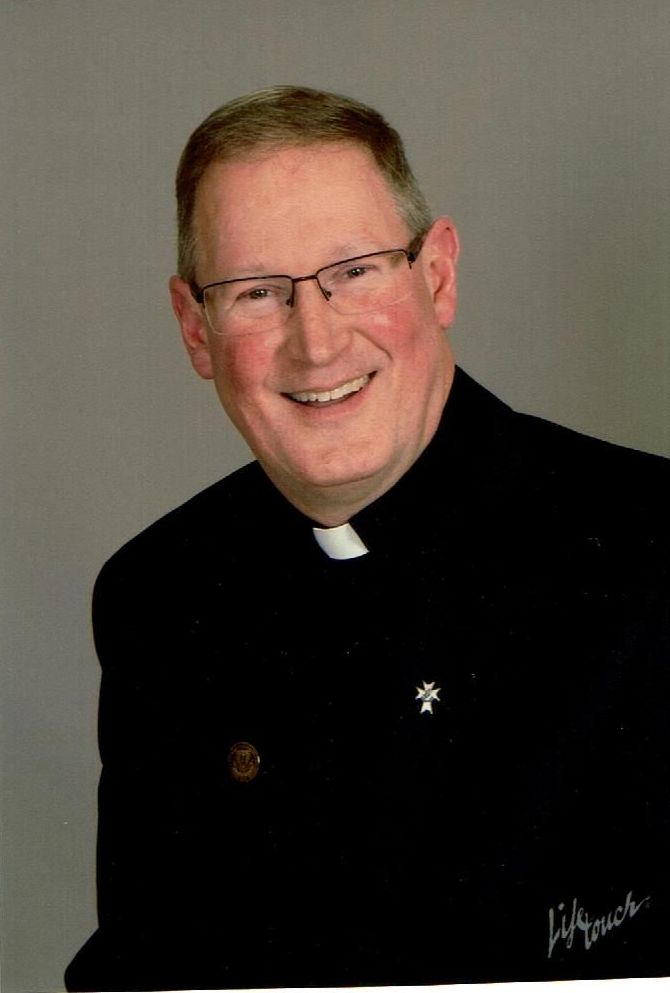
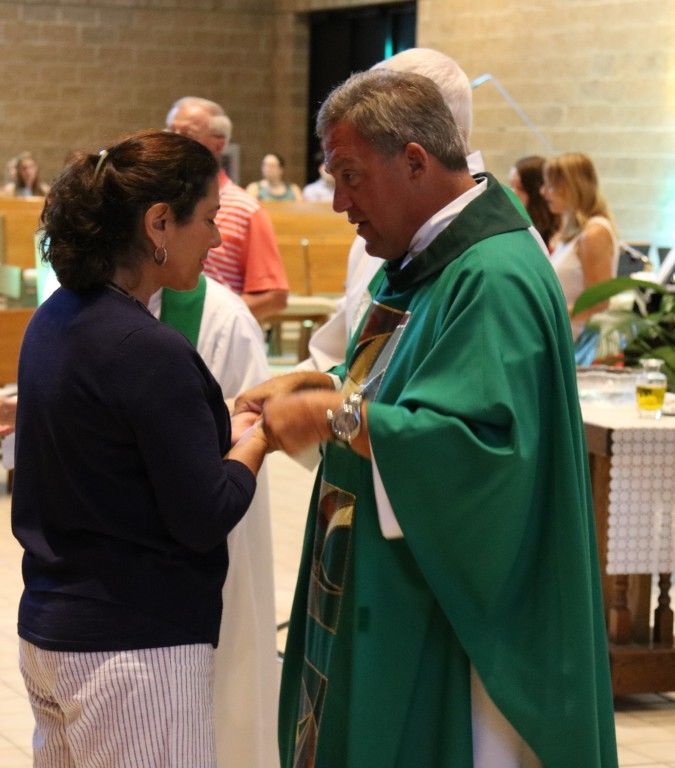
Parish Connections
